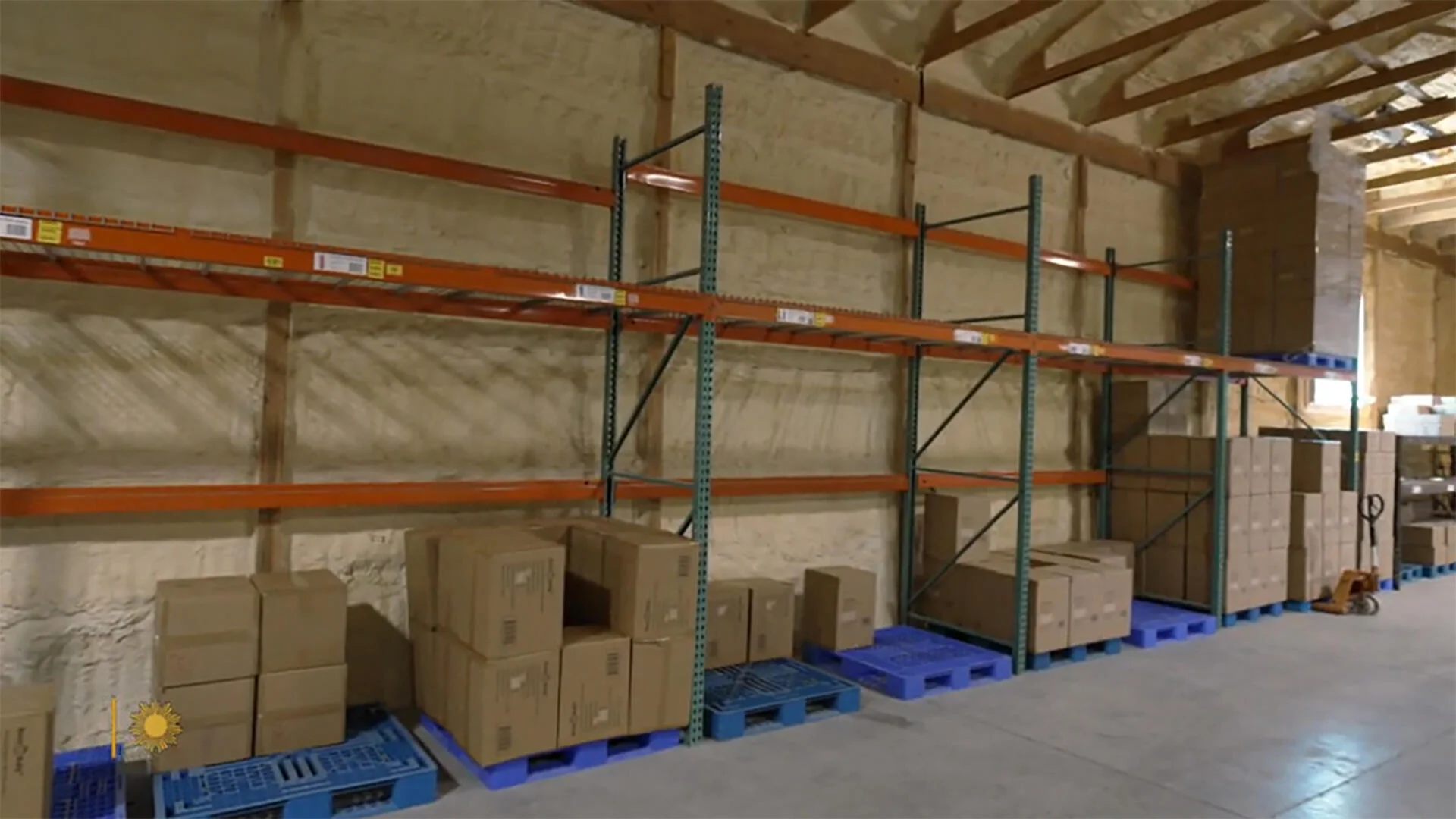Since the Trump administration first imposed tariffs on imported goods—particularly from China—small business owners across the U.S. have felt the impact. Birmingham, Alabama, a city with a thriving small business community, is no exception. While some business owners support the tariffs as a way to protect American industries, others say they have led to higher costs and operational challenges.
Here’s what Birmingham’s small business owners are saying about Trump’s tariffs and how they’re navigating the economic landscape.
Supporters of Tariffs: Protecting American Jobs
Some Birmingham entrepreneurs believe the tariffs have helped level the playing field against foreign competition, particularly in manufacturing.
1. Boosting Local Manufacturers
John Reynolds, owner of a small steel fabrication shop in Birmingham, says the tariffs on imported steel have helped his business.
“Before the tariffs, we were struggling to compete with cheap Chinese steel. Now, more customers are willing to buy American-made products, even if they cost a little more,” Reynolds explains.
The steel and aluminum tariffs imposed in 2018 were designed to revive U.S. production, and some local manufacturers say they’ve seen benefits.
2. Encouraging Domestic Sourcing
Sarah Mitchell, who runs a custom furniture business, says the tariffs pushed her to source materials domestically.
“At first, I was worried about costs, but I found great suppliers in Alabama and Georgia. It’s more expensive, but my customers appreciate the ‘Made in USA’ label,” she says.
For businesses that rely on American-made materials, the tariffs have reinforced the value of domestic production.
Critics of Tariffs: Rising Costs and Supply Chain Issues
While some businesses have adapted, others say the tariffs have hurt their bottom line—especially those dependent on imported goods.
1. Increased Costs for Retailers
Mike Carter, owner of a Birmingham hardware store, says the tariffs on Chinese goods forced him to raise prices.
*”We sell tools, plumbing supplies, and electrical components—many of which come from China. When the tariffs hit, our costs went up 20-25%. We had to pass some of that onto customers, and sales dipped,”* Carter explains.
Small retailers with thin profit margins say absorbing these costs isn’t always possible.
2. Challenges for Restaurants and Food Businesses
The food industry has also felt the pinch. Lisa Nguyen, who owns a Vietnamese restaurant, says tariffs on imported spices and specialty ingredients have been difficult to manage.
“Some key ingredients aren’t produced here, so we have no choice but to pay more. We haven’t raised menu prices yet, but if costs keep climbing, we might have to,” she says.
3. Uncertainty for Exporters
Some Birmingham businesses that export goods say retaliatory tariffs have hurt their overseas sales.
“We sell automotive parts to Canada and Mexico, and when those countries imposed tariffs in response, our orders dropped,” says David Harper, a local supplier. “The trade wars created a lot of uncertainty.”
Adapting to the New Trade Environment
Despite mixed opinions, many Birmingham business owners are finding ways to adapt.
1. Diversifying Suppliers
Some entrepreneurs have shifted to suppliers in countries not affected by tariffs, such as Vietnam or India.
“We used to buy most of our materials from China, but now we’re working with suppliers in other Asian countries to avoid tariffs,” says Maria Gonzalez, who owns a clothing boutique.
2. Investing in Automation
A few manufacturers have turned to automation to offset higher labor costs.
“With steel prices up, we’ve invested in more efficient machinery to reduce waste and improve productivity,” says James Wilson, a metalworks business owner.
3. Lobbying for Exemptions
Some businesses have successfully applied for tariff exemptions.
“We got an exemption for a specific type of aluminum we use, which saved us thousands,” says Rebecca Simmons, an appliance manufacturer. “The process was complicated, but worth it.”
The Future of Tariffs Under Biden
With President Biden maintaining some of Trump’s tariffs while reassessing others, Birmingham business owners remain cautious.
-
Supporters hope tariffs stay in place to protect U.S. industries.
-
Critics want a rollback to ease costs and improve trade relations.
-
Many are calling for more targeted policies that help small businesses compete without excessive price hikes.
Conclusion: A Mixed Bag for Birmingham Businesses
Trump’s tariffs have had a polarizing effect on Birmingham’s small business community. While some praise them for boosting American manufacturing, others struggle with rising costs and supply chain disruptions.
As trade policies continue to evolve, local business owners are adapting—whether by finding new suppliers, investing in efficiency, or advocating for policy changes. One thing is clear: in Birmingham’s diverse economy, the impact of tariffs varies greatly depending on the industry.
